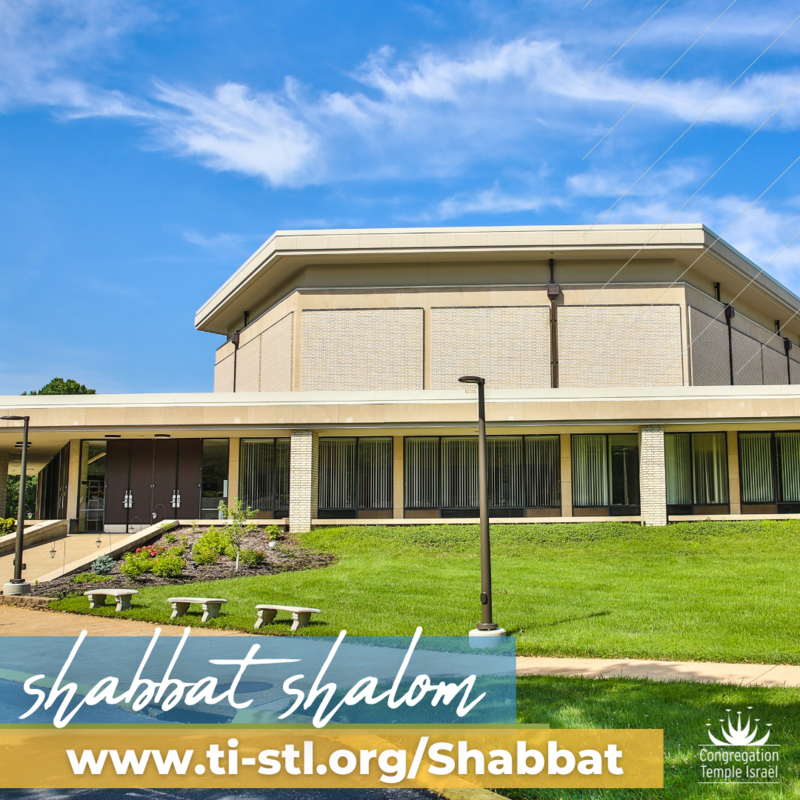Shabbat & Havdalah hub

In the Torah and the Ten Commandments, we are instructed to “Observe the Sabbath day to keep it holy.” The Sabbath, or Shabbat for the Jewish people, begins Friday night at sundown and ends Saturday with a ceremony called Havdalah. Just as God rested on the seventh day, we do as well — after working all week, we rest on Shabbat.
Some Jews choose to follow this model strictly and not do any work on Shabbat, including driving in cars and using electricity. Others interpret this in different ways, looking at Shabbat as a day to spend time with family, engage in Jewish activities, and set it apart as a special time distinct from the rest of the week.
However you observe, we hope you find the following guides helpful. Shabbat Shalom!
About shabbat

To celebrate Shabbat, many go to Friday night services at their synagogue or have a special meal at home. Whether at home or at the synagogue, there are a few special Shabbat rituals. We say the blessings over the Shabbat candles, the wine, and Challah bread.
There are also special services Saturday morning where the Torah portion of the week is read, and which is often the time when Jewish children at the age of 13 become bar or bat mitzvah and lead the worship service.
about Havdalah

On Saturday night when there are three stars visible in the night sky, Shabbat is officially over. To mark the end of Shabbat and the beginning of a new week, we observe Havdalah. In Hebrew Havdalah means “separation.” We separate the holiness of Shabbat from the rest of the normal week.
Just as there are special Shabbat rituals and blessings, on Havdalah we light a braided candle, wine, and spices. We smell the spices to refresh the soul and remember the sweetness of Shabbat. At the end of the Havdalah ceremony, we extinguish the flame in the cup of wine and listen to the fizzling sound. The new week begins.
Upcoming holiday events & Programs
If there aren't events showing below, we haven't yet planned this holiday's programming. Please check back soon!















 We're here for celebration!
We're here for celebration! 

